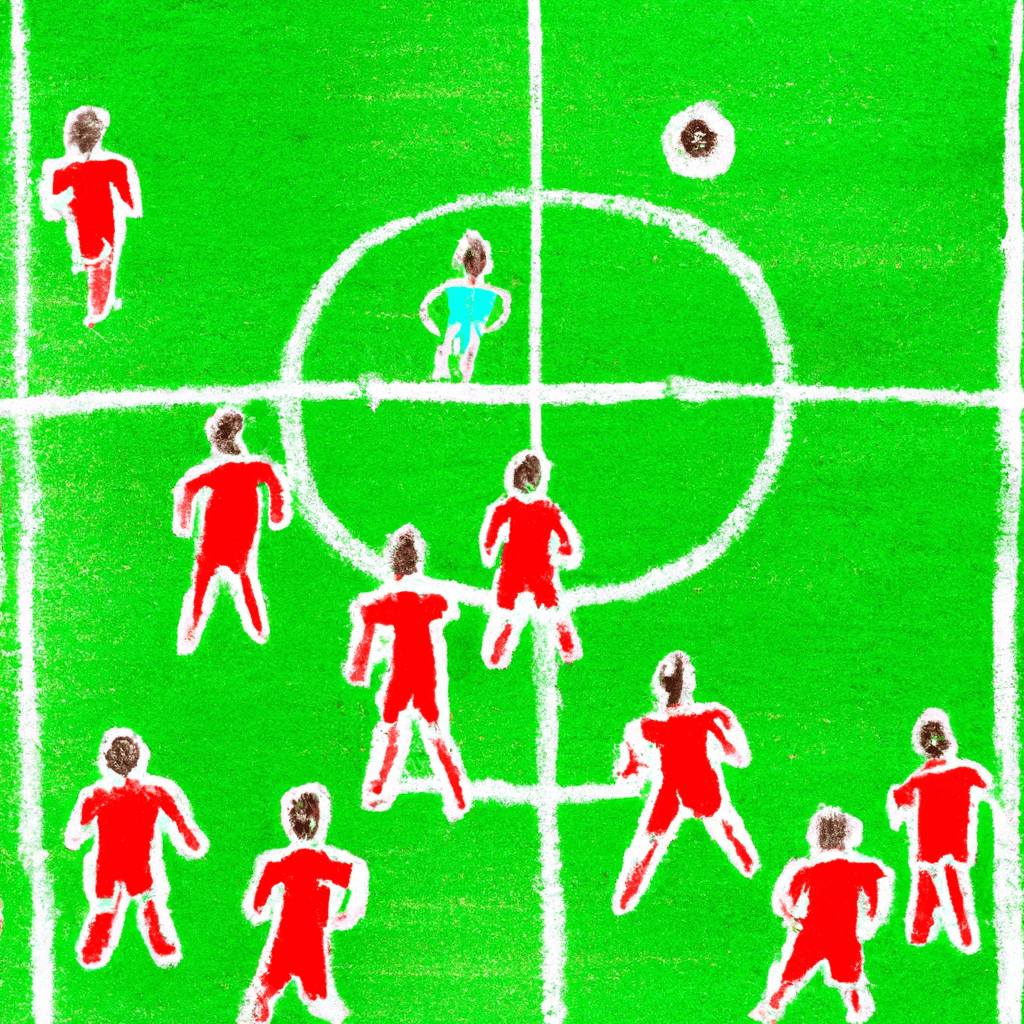very four years, the world is captivated by the spectacular event known as the FIFA World Cup. As the most-watched sporting event globally, this soccer tournament brings together nations from every corner of the earth, transcending cultural boundaries and uniting fans in a shared love for the beautiful game. In this blog, we will delve into the history, significance, and impact of the World Cup, exploring its remarkable journey from a humble beginning to a global phenomenon.
A Brief History:
The World Cup, initiated in 1930, was first hosted by Uruguay and featured just 13 teams. Since then, it has grown exponentially and now involves 32 teams, attracting billions of viewers worldwide. Throughout its history, the tournament has witnessed unforgettable moments, legendary players, and fierce rivalries that have become part of soccer folklore. From Pele’s awe-inspiring performances to Maradona’s Hand of God moment, the World Cup has provided us with countless memories.
The Global Impact:
Beyond its entertainment value, the World Cup has a far-reaching impact on numerous levels. Economically, it generates billions of dollars in revenue, benefiting host countries and boosting tourism. For instance, the 2018 FIFA World Cup in Russia contributed significantly to the country’s economy and promoted its cultural heritage. Moreover, the tournament serves as a catalyst for infrastructural development, leaving behind state-of-the-art stadiums that benefit local communities even after the event ends.
Socially, the World Cup fosters cultural exchange and understanding. It unites people from all walks of life, promoting a sense of national pride and camaraderie among fans. Supporters from diverse backgrounds come together to cheer for their national teams, using soccer as a medium to bridge linguistic and cultural gaps. The passionate atmosphere in stadiums and viewing parties worldwide exemplifies the shared human experience that this event brings.
Sporting Legacy:
The World Cup has left an indelible impact on the sport itself. Each tournament showcases the evolution of soccer tactics, techniques, and individual brilliance. Players like Zinedine Zidane, Ronaldo, and Lionel Messi have used the World Cup stage to etch their names into football history. The tournament’s emphasis on teamwork, strategy, and innovation has pushed players and coaches to refine their skills, elevating the game’s overall quality.
Moreover, the World Cup has paved the way for technology in soccer. The introduction of goal-line technology and VAR (Video Assistant Referee) has improved decision-making during crucial moments, ensuring fair outcomes and minimizing controversial incidents. These innovations have not only revolutionized the World Cup but also impacted soccer leagues worldwide, improving the integrity and fairness of the game.
The Women’s World Cup:
In recent years, the Women’s World Cup has gained tremendous recognition, empowering female athletes and promoting gender equality in sports. The tournament has grown exponentially, drawing record-breaking viewership and raising the global profile of women’s soccer. It serves as a platform to shatter stereotypes and challenge societal norms, inspiring young girls worldwide to pursue their dreams in the world of soccer.
The FIFA World Cup stands as the pinnacle of global sports events, captivating billions of fans and connecting humanity through a shared passion for soccer. Its rich history, remarkable impact on societies and the sport itself, and the growing prominence of the Women’s World Cup embody the spirit of unity, competition, and celebration. As we look forward to the next World Cup, let us appreciate the extraordinary power of this tournament to transcend borders and unite us all under the banner of the world’s most popular game.

